BlueVine Announces $200 Million Credit Facility
May 1, 2018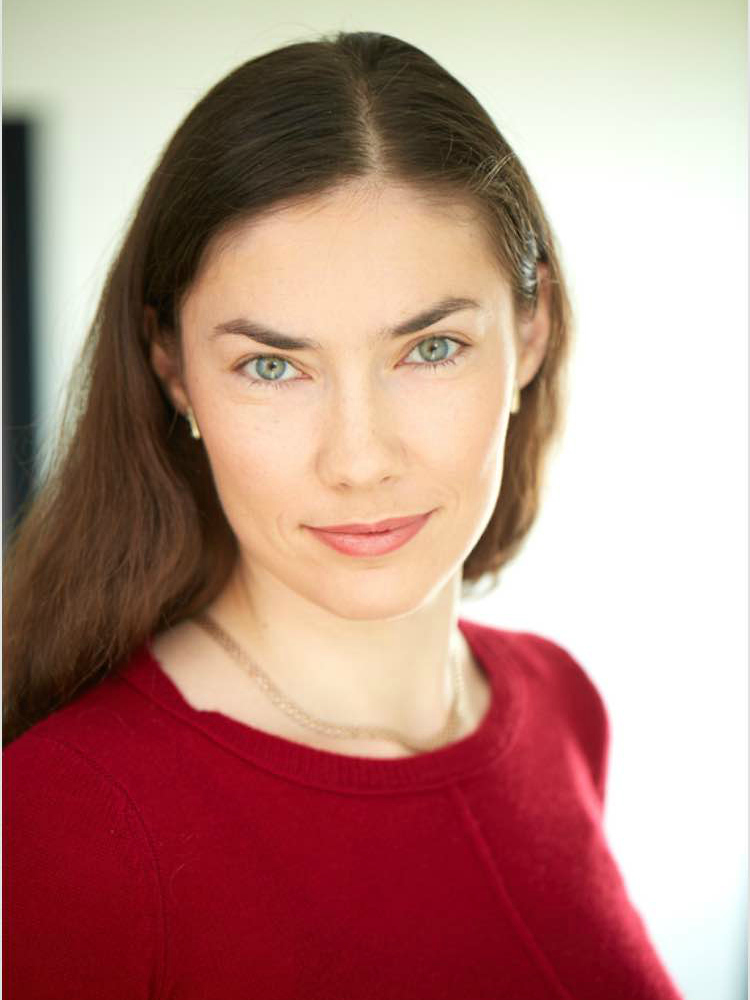
BlueVine announced today that it has secured a $200 million asset-backed revolving credit facility with Credit Suisse. This will be used to expand its business line of credit product and the company’s customers will now be eligible for a credit line of up to $250,000.
“Capital markets partnerships are critical to our ability to scale and effectively serve our expanding customer base,” said BlueVine CFO Ana Sirbu. “This financing will support our next phase of growth [as] we continue to build a business for the long-term by offering the best working capital financing solutions to business owners.”
The company offers two products – invoice factoring and business lines of credit. The latter was introduced in January 2016 with a maximum credit line of $30,000, Sirbu told deBanked. That maximum soon became $50,000 and has steadily risen. In February, the company increased its business line of credit from $150,000 to $200,000.
Founded in 2013 by CEO Eyal Lifshitz, the company first offered only factoring in March 2014. Now, Sirbu said that the breakdown of its business is about even between its factoring and business line credit offerings.
This is BlueVine’s first facility with Credit Suisse. Not counting this facility, the company had $318 million in funding as of October 2017, according to Crunchbase.
BlueVine is headquartered in Redwood City, CA, with other offices in Jersey City, NJ, New Orleans, LA, and a large office in Tel Aviv, Israel, where most of its Research and Development team is based. Altogether, BlueVine employs about 200 people.
Kabbage Acquires Orchard
April 26, 2018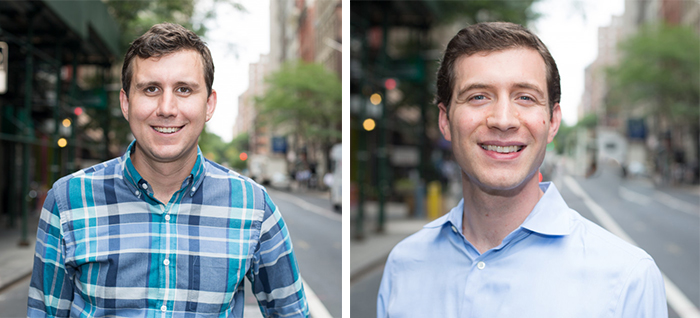
Following speculation, Kabbage officially announced today that it has entered into a “definitive agreement” to acquire Orchard, a financial technology and analytics company that provides data to lenders and investors.
“I’m most excited about the people [at Orchard] because, while they’ve built this amazing technology, it takes a long time to get the right people in place,” said Kabbage co-founder Kathryn Petralia. “And they’ve built a great culture and great company of talented individuals who I think really understand the industry…and can help us get to where we’re trying to go.”
Kabbage and Orchard have enjoyed a working relationship for some time already, Petralia told deBanked. (Kabbage has been a client of Orchard).
More than 20 employees from New York-based Orchard will move to Kabbage’s New York office, including two of its founders, Matt Burton and David Snitkof. The company was founded in 2013 by Burton and Snitkof, along with Angela Ceresnie and Phil Rosen.
Burton previously worked at Google and Snitkof previously worked at Citigroup and American Express.
“Like most businesses, we often listened to interesting offers, but never found the best fit. Until Kabbage,” Snitkof said of its decision to be acquired by Kabbage. “Everything from their mission, technology focus and culture is aligned with Orchard. [And] there are really interesting innovations we can do together by combining our data science platforms.”
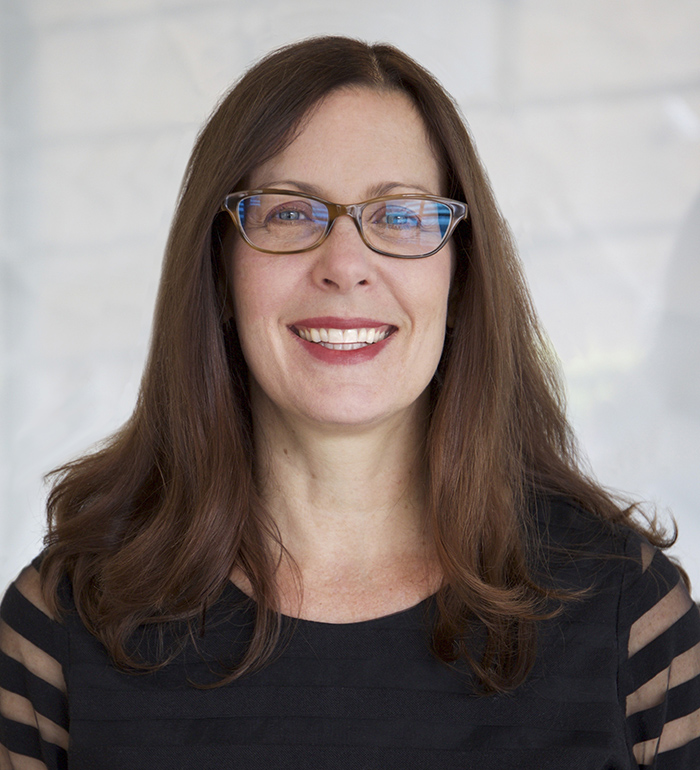
Orchard has a proprietary technology platform that simplifies mass-data analysis and Kabbage has a forecasting and predictive analytics engine that strengthens its automated underwriting platform. Together, they hope to create an even stronger platform that helps small businesses access capital quickly and efficiently.
“Integrating our two data science platforms will take time, but we’re excited for what’s to come,” said Snitkof.
Almost ten years old, this is Kabbage’s first acquisition. Asked if the company is “on a buying spree,” Petralia said no, but also acknowledged that they are now in a position to make acquisitions, like Orchard, that can help them build their business faster, as long the acquisition makes sense.
Founded in 2009, Kabbage is headquartered in Atlanta and has provided over $4 billion to more than 130,000 businesses.
FTC Sues Lending Club
April 25, 2018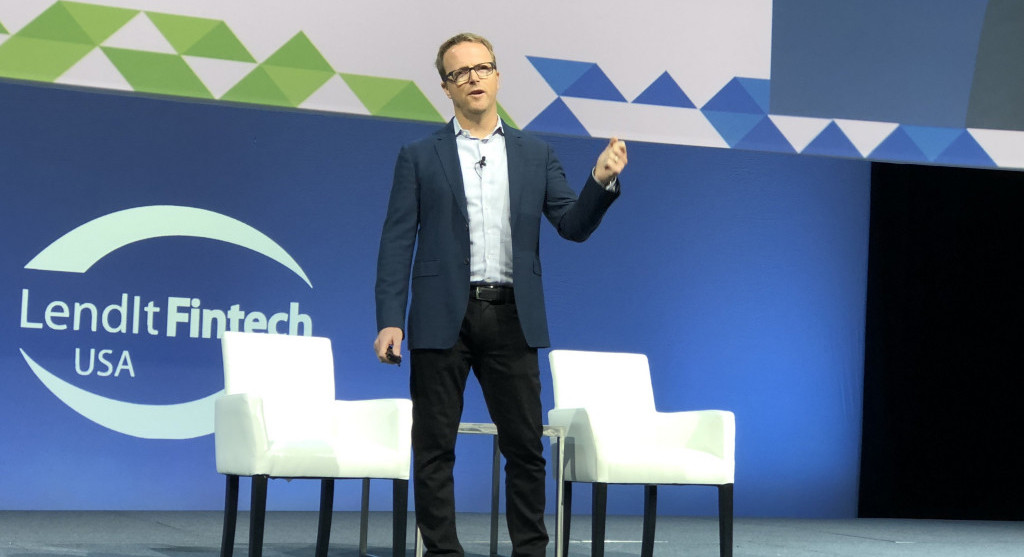
Today, the Federal Trade Commission (FTC) filed a 30 page lawsuit against Lending Club, primarily for using language in its marketing that misleads consumers. There were also charges against Lending Club that it has made unauthorized withdrawals from consumer accounts and that it has failed to share required privacy notices with consumers.
Regarding Lending Club’s misleading language, the FTC lawsuit starts with the company’s promise of “No hidden fees.” The suits alleges that, despite the advertisement, hiding fees is exactly what the company does. It maintains that when loan funds arrive in Lending Club consumers’ bank accounts, the loan amount is “hundreds or even thousands of dollars short of expectations due to a hidden up-front fee that [Lending Club] deducts from consumers’ loan proceeds.”
The FTC further states that the company has continued with “No hidden fees” advertising “despite warnings from its own compliance department that [its] concealment of the up-front fee is ‘likely to mislead the consumer.’” According to the suit, Lending Club has allegedly been warned about this not only by its own compliance team, but also by one of the company’s largest investors. Instead of taking action to minimize this, the suit says that the company did the opposite – it increased the prominence of “No hidden fees” and decreased the prominence of a small question mark icon which, if clicked on, describes in small lettering the up-front fee.
According to the FTC suit, Lending Club uses other language to mislead people, including “Great news! Investors have backed your loan 100%!” These words are shown to loan applicants even if there are more steps left before they qualify for a loan. And in some cases, they may not qualify at all.
When contacted by deBanked, a Lending Club spokesperson issued the following statement in response to the FTC charges:
“We support the important role that the FTC plays in encouraging appropriate standards and best practices. In this case, we believe the FTC is wrong, and are very disappointed that it was not possible to resolve this matter constructively with the agency’s current leadership. In our decade-plus history we have helped more than 2 million people access low cost credit and have co-founded two associations that raised the bar for transparency. The FTC’s allegations cannot be reconciled with this long standing record of consumer satisfaction that’s reflected in every available objective metric.”
Lending Club also wrote a response in its defense against each of the FTC’s main charges.
Founded in in 2007, Lending club is a public company based in San Francisco.
Two Arizona Businessmen Sentenced to Prison for Loan Fraud
April 24, 2018 Last week, owners of a medical equipment manufacturer and distributor in Phoenix plead guilty and were sentenced to prison for defrauding the Small Business Administration (SBA) and two Arizona banks. According to a statement released by the US Department of Justice (DOJ), the now defunct company, called Global Medical Equipment of Arizona, defrauded the SBA and the two regional banks by submitting falsified loan applications. This included lying about the purpose of loans (instead using the money to pay off pre-existing debts), sending forged emails and letters indicating that they had made down payments on loans, and concealing a kickback.
Last week, owners of a medical equipment manufacturer and distributor in Phoenix plead guilty and were sentenced to prison for defrauding the Small Business Administration (SBA) and two Arizona banks. According to a statement released by the US Department of Justice (DOJ), the now defunct company, called Global Medical Equipment of Arizona, defrauded the SBA and the two regional banks by submitting falsified loan applications. This included lying about the purpose of loans (instead using the money to pay off pre-existing debts), sending forged emails and letters indicating that they had made down payments on loans, and concealing a kickback.
“These loans should have been granted to qualified small business owners. Instead, the defendants effectively denied an opportunity to legitimate small businesses deserving access to capital,” said Elizabeth A. Strange, First Assistant U.S. Attorney for the District of Arizona. “The United States Attorney’s Office will continue to aggressively investigate and seek criminal prosecution or civil remedies when fraud is perpetrated by corrupt borrowers who attempt to obtain financial assistance through the SBA’s guaranteed loan programs.”
According to the DOJ statement, company owners Harold Halman II, 58, and Alexander Schaap, 62, were sentenced to 36 and 30 months in prison, respectively. Each must serve three years of supervised release after their prison terms. An associate, Craighton Boats, 44, was not sentenced to prison, but to five years of probation.
“SBA’s 7(a) program is intended to provide capital to grow the nation’s small businesses, not line one’s pockets,” said Acting Inspector General Hannibal “Mike” Ware. “Schemes to unjustly enrich oneself will be rooted out, and those responsible will be brought to justice.”
In the DOJ statement, Michael DeLeon, Special Agent in Charge of the Phoenix Field Office, said that the three businessmen took $6 million in fraudulent loans, of which they defaulted on nearly $4.5 million. So the Court has also ordered that they pay $4.5 million in restitution.
The investigation was led by the SBA’s Office of Inspector General, the IRS-Criminal Investigation Division and the FBI. The prosecution was handled by Kevin M. Rapp, Assistant United States Attorney, District of Arizona, Phoenix.
Finitive Launches Alternative Lending Investment Platform
April 24, 2018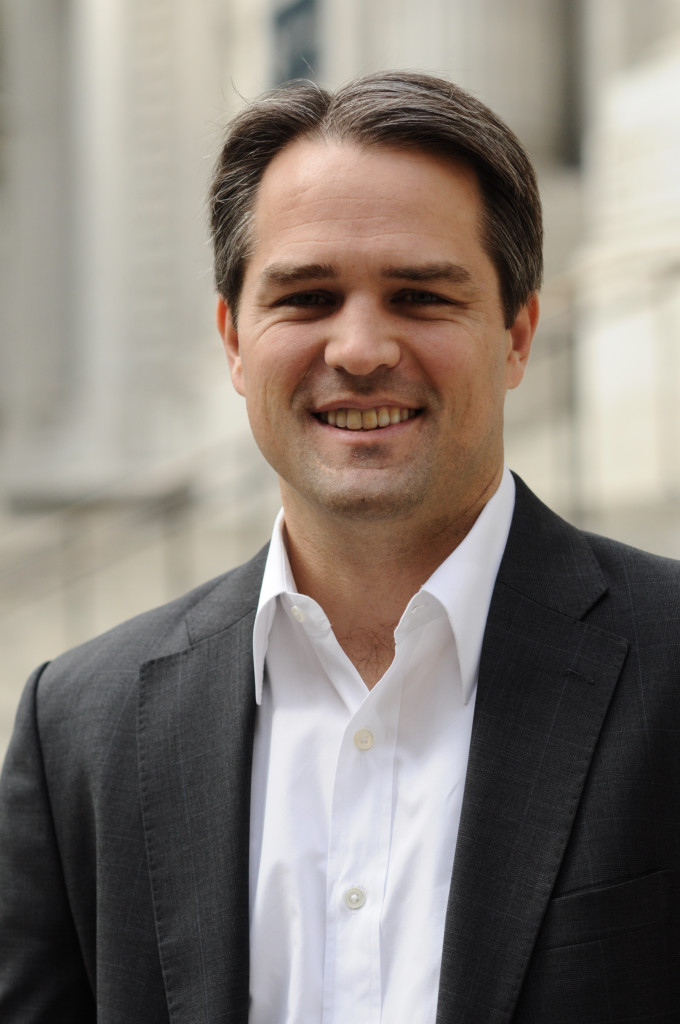 Finitive, which brings capital from institutional investors to alternative lending companies, announced earlier this month that it received capital commitments totaling $1.3 billion. It also officially launched its financial technology platform.
Finitive, which brings capital from institutional investors to alternative lending companies, announced earlier this month that it received capital commitments totaling $1.3 billion. It also officially launched its financial technology platform.
According to founder and Executive Chairman Jon Barlow, the company, which was founded last August, has two kinds of clients: institutional investors and alternative lending companies. So far, the company has four alternative lender clients.
“We are very selective [with our lending clients],” Barlow said. “We are not a list service.”
Among these four lenders, Barlow told deBanked that $1 billion has been committed from institutional investors and $250 to $300 million has actually been funded. Finitive gets paid by its lender clients based on how much money gets funded of the capital they provide from institutional investors. Finitive does not charge its institutional investor clients.
“We perform due diligence for [institutional investors] so that they don’t have to, and we give them our due diligence files for free,” Barlow said. “We don’t think anyone has ever done this. We think it’s revolutionary.”
Through the Finitive platform, institutional investors, along with banks, insurance companies and fund managers can directly access proprietary, alternative lending transactions that are vetted by a team of highly trained credit professionals, Barlow said. For the lending companies, or “originator partners,” the platform allows them to raise capital from a variety of sources.
“We are unique for the institutional investor community because we show [institutional investors] highly vetted transactions,” Barlow said.
Barlow estimates that it takes roughly 500 hours and several hundred thousand dollars to perform proper institutional due diligence on an alternative lending transaction, and Finitive does this for free for investors. So this also benefits participating lenders that now have access to more funds. Finitive is based in New York and has 11 full-time employees.
Despite Movement of Negative Bill for MCA and Factoring Industries, Hope for a Solution
April 23, 2018 Last week, California State politicians gathered for a hearing on SB 1235, a bill that would require the disclosure of an Annual Percentage Rate (APR) for all loans and non-loans, including MCA and factoring products. This is very problematic because APR (which includes interest rate) cannot be calculated for most MCA and factoring products for one reason: time. What makes merchant cash advance and factoring unique is that the timing of payments is flexible, and therefore unknown.
Last week, California State politicians gathered for a hearing on SB 1235, a bill that would require the disclosure of an Annual Percentage Rate (APR) for all loans and non-loans, including MCA and factoring products. This is very problematic because APR (which includes interest rate) cannot be calculated for most MCA and factoring products for one reason: time. What makes merchant cash advance and factoring unique is that the timing of payments is flexible, and therefore unknown.
“It’s impossible to compute,” said veteran factoring lawyer Bob Zadek about calculating APR for most MCA and factoring products. “Interest = principal x rate x time. Since [they] cannot determine how long the advance will be outstanding – since repayment is a function of the borrower’s cash flow – the algebra doesn’t work.”
The bill, introduced by California State Senator Steve Glazer, moved out of the Senate committee on Banking and Financial Institutions and is headed to the Judiciary committee – closer to potential passage. Yet advocates of the MCA industry, one of whom testified in the assembly room in Sacramento, are hopeful.
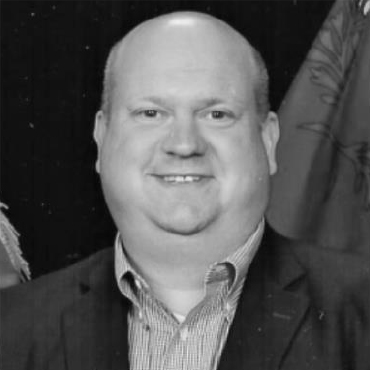
“There were a number of state senators who clearly understood the problems with applying an APR to a commercial transaction and to a purchase and sale of receivables transaction,” said Katherine Fisher, a partner at Hudson Cook, LLP who spoke on behalf of the Commercial Finance Coalition (CFC). CFC is an alliance of financial companies that educates government regulators and elected officials on issues related to non-bank commercial finance. CFC Executive Director, Dan Gans, told deBanked that he believed the committee really understood what Fisher was trying to convey.
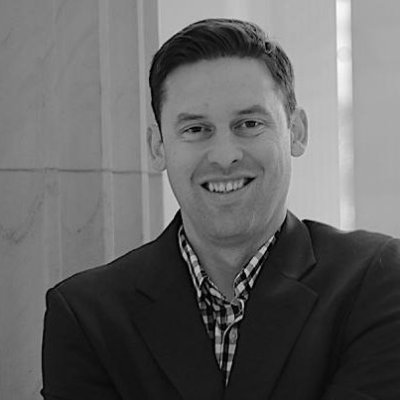
Another major advocacy group is the Small Business Finance Association (SBFA). They brought Joseph Looney, COO and General Counsel of RapidAdvance, to testify against SB 1235, and SBFA Chief of Staff Steve Denis sounded optimistic, saying that they have a very good relationship with State Senator Glazer’s office.
“To me, despite the fact that they moved [on] a bill that we’re opposed to through the process,” Denis said. “I think the folks that we’ve been meeting with out there – the senators – they’re all very open to our industry and open to having broader discussion about how to [best] disclose these terms and how to make sure we’re doing what’s in the best interest of small business owners. That’s a real positive, and I’m optimistic that we can get something done.”
As for concern about the bill moving forward, Denis said it’s what he expected.
“It’s just the way the process works in California,” Denis said. “If you look at committee history, they don’t really reject a lot of bills. They like to move bills forward so they can be discussed and negotiated.”
As of this story’s publication, SB 1235’s Judiciary committee hearing had not yet been scheduled.
Update 4/26/18: The hearing is scheduled for May 8, 2018 at 1:30 p.m. PST in Room 112.
Full video of the April 18th hearing below:
Demand for Tax Guard Grows, and Receives Private Equity Investment
April 19, 2018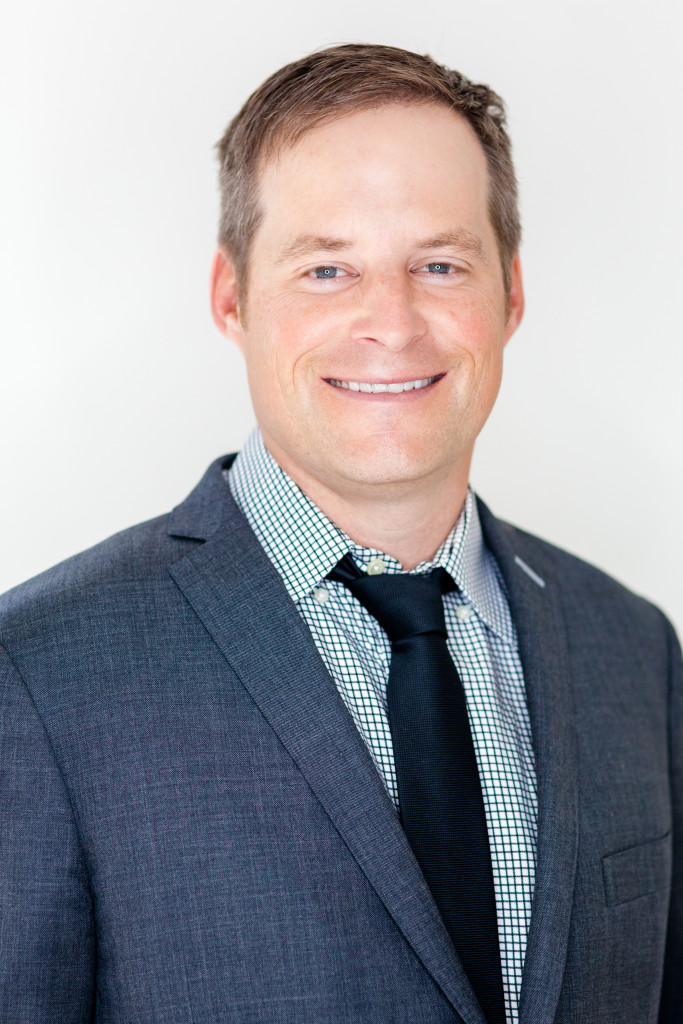 Hansen Rada, CEO, Tax Guard
Hansen Rada, CEO, Tax GuardTax Guard announced on Monday that it received an investment from Falfurrias Capital Partners, a Charlotte, NC-based private equity firm.
“What really excites me about [partnering with Falfurrias Capital Partners] is the breadth of experience that they bring to the table,” said CEO and co-founder Hansen Rada. “They have some real icons in banking that are now going to be members of the board and will continue to assist us from a strategic point of view as we begin to expand our platform.”
Tax Guard generates tax liability research on companies and individuals for lender clients that want a clearer picture of who they might be lending to.
“Across the board, 22 percent of businesses owe money to the Internal Revenue Service, and no lien has been filed,” Rada told deBanked. “In other words, there’s no public record of this. That’s where Tax Guard [comes in]. We identify these tax liabilities before the lien has been filed to notify lenders of potential risk.”
Rada said that since 2010 tax liens have dropped by 70 percent, yet the number of people and businesses that owe money has gone up steadily. This is because of a tactic the IRS uses, according to Rada, where it issues fewer liens which allows people’s credit scores to rise. When credit scores rise, people and businesses can take out loans that they can ultimately use to pay back to the government in taxes.
Regardless of whether or not this is a tactic, in addition to fewer liens, even existing liens have become more difficult for lenders to see. In March, Experian, one of the three major credit bureaus, said that it would stop reporting all tax liens from its consumer credit reporting database this week. And the other two major credit bureaus, Equifax and Transunion, have already stopped including civil judgments and tax liens on their consumer credit reports.
Rada agreed that these developments are positive for his business and said that this continues to validate the company’s value proposition. Specifically, Tax Guard provides reports to commercial lenders to let them know, in real time, if a business fails to pay its taxes.
“Our clients are anyone that cares if the people or businesses they are lending money to owe money to the IRS,” Rada said.
Rada said Tax Guard does business with about 350 lenders, including a national bank, community banks and alternative online lending companies.
So how does Tax Guard conduct its research? It contacts the IRS directly about specific people and companies. For the most part, this data-collecting process can be done by anyone. But it takes a long time and Rada said they are able to bypass the “middleman,” like public record searches and county courthouses. Tax Guard gets paid by its clients per business/individual report that it produces, and it customizes pricing based on volume.
As part of the investment deal, four people connected to Falfurrias Capital Partners will be joining Tax Guard in some capacity. Chris Marshall, a co-founder of Capital Bank and previously a senior executive at Bank of America, will join Tax Guard as Executive Chairman. Marc Oken, co-founder of Falfurrias Capital Partners and a former Bank of America CFO, will join the Tax Guard board, along with Geordie Pierson, a principal at Falfurrias Capital Partners, and Joe Price, a former Bank of America CFO.
Founded in 2009, Tax Guard has 65 employees at its office in Boulder, CO.
Ascentium Capital Surpasses $4 Billion in Originations
April 18, 2018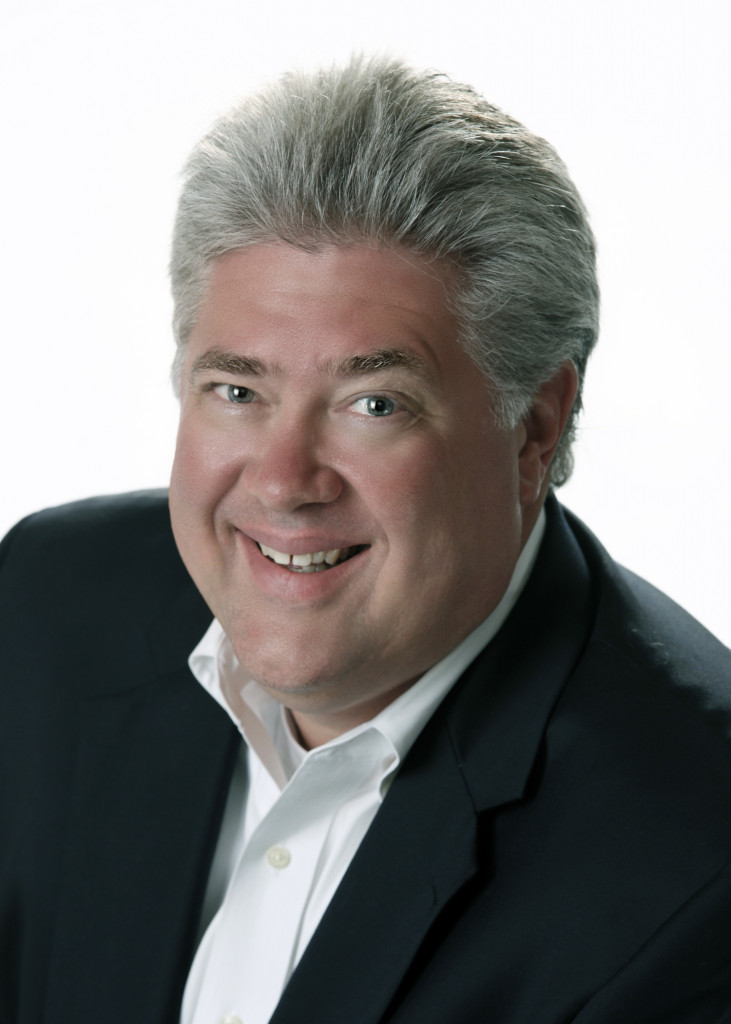 Texas-based lender Ascentium Capital announced last week that it had surpassed $4 billion in origination volume since the company was founded in 2011.
Texas-based lender Ascentium Capital announced last week that it had surpassed $4 billion in origination volume since the company was founded in 2011.
The company has two key channels of business. The vendor channel, in which Ascentium creates custom finance programs for clients like equipment manufacturers, distributors and resellers. It calls these clients its “vendor partners.”
“We do a lot of our business with vendor partners, typically [a company] selling something to a small business,” said Ascentium Capital CEO Tom Depping.
The other business channel is a direct channel where Ascentium makes direct loans to small and medium sized businesses of up to $250,000. Depping told deBanked that the company’s direct channel makes up about 30 to 40 percent of its business. Not an insignificant percentage. But he said that the company’s primary business is equipment finance via vendor partners.
Ascentium gets its leads from an internal sales team of 120 people and Depping said that he anticipates adding 50 additional sales people this year. Why the significant growth?
“Our award-winning finance platform, elevated levels of efficiencies and our personalized service continue to drive demand for our financial products,” said Depping. “Everything with us is very simple and very fast.”
The company currently employs 250 people with headquarters in Kingwood, TX, near Houston, with smaller offices in Dover, NH and Irvine, CA. Depping also counts 30 to 40 locations throughout the country where Ascentium Capital sales people either work from home or in micro-offices of one to two people.






























